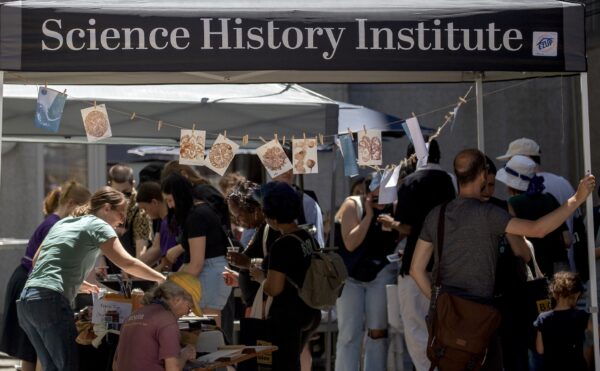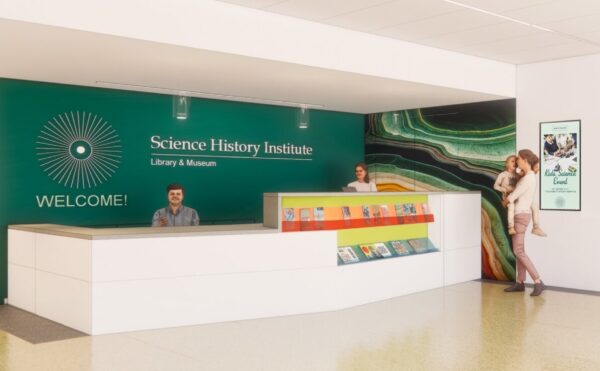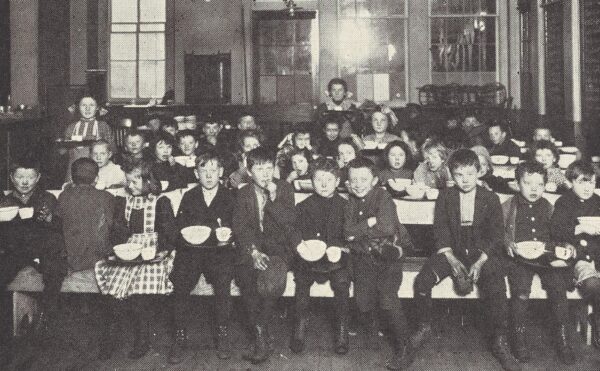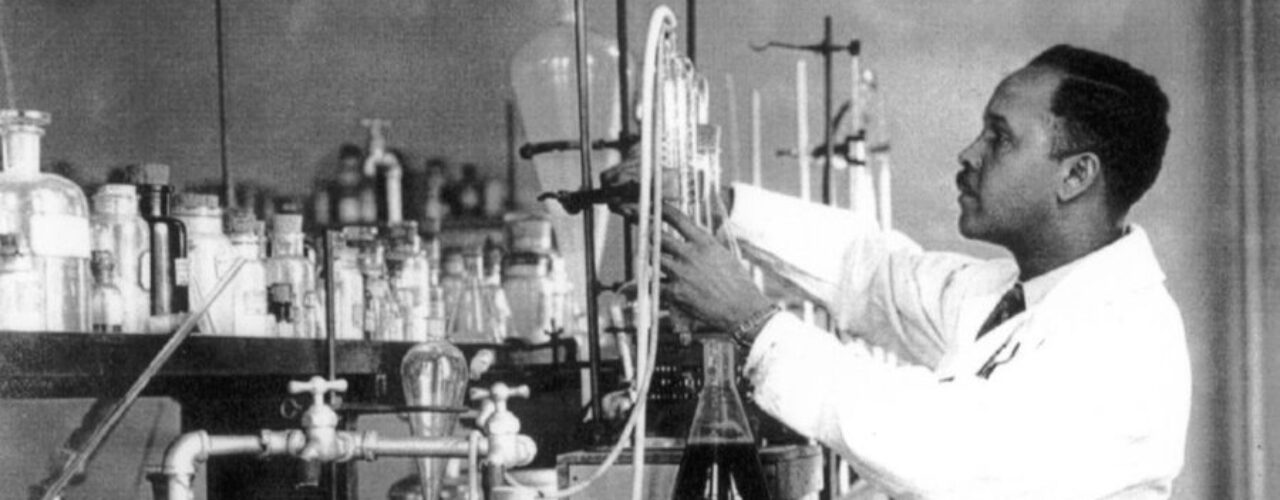
Institute Receives NEH SHARP Grant for ‘Innate: How Science Invented the Myth of Race’ Project
$359K+ award will support the exploration of the history and legacy of racism in American science and medicine.
The Science History Institute has been awarded a major grant from the National Endowment for the Humanities (NEH) as part of its Sustaining the Humanities through the American Rescue Plan (SHARP) funding. The $359,097 grant will support the multidimensional project Innate: How Science Invented the Myth of Race (formerly titled White Coats, Black Lives: Exploring the History and Legacy of Racism in American Science and Medicine).
The Institute is among 16 organizations in Pennsylvania and 305 cultural, educational, and grantmaking institutions nationwide to receive SHARP funding.
Innate includes the production of ten in-depth podcasts and three commissioned articles that will be featured in Distillations, our highly acclaimed digital content platform. We will also present public lectures and panel discussions with consulting humanities scholars and experts in such fields as the history of science and medicine, African American studies, social epidemiology, health and racial equity, and bioethics.
“We are deeply grateful to NEH for its investment in this initiative, which we believe will meaningfully contribute to the ongoing, often difficult conversations we are now having about the history of disenfranchisement and racism in this country,” said Institute president and CEO David Cole.
“We often talk about the importance of everyone seeing themselves reflected in science. And with this project, we hope we can start chipping away at that goal,” added Alexis Pedrick, the Institute’s director of public engagement who serves as the project’s director. “We’ll not only explore the history of racism in science, but also take a hard look at the distribution of power in medicine and research that has brought us to this present moment.”
Innate: How Science Invented the Myth of Race and the other grants awarded in this recent cycle are supported by $135 million in supplemental funding allocated to NEH by the American Rescue Plan Act of 2021. NEH has already distributed $52.6 million of this funding to state and jurisdictional humanities councils to support humanities organizations, programs, and professionals at the local level.
“The American Rescue Plan recognizes that the cultural and educational sectors are essential components of the United States economy and civic life, and vital to the health and resilience of American communities,” said NEH acting chairman Adam Wolfson. “These new grants will provide a lifeline to the country’s colleges and universities, museums, libraries, archives, historical sites, and societies; save thousands of jobs in the humanities placed at risk by the pandemic; and help bring economic recovery to cultural and educational institutions and those they serve.”
About the Science History Institute
The Science History Institute collects and shares the stories of innovators and of discoveries that shape our lives, with a special focus on the history of chemistry, chemical engineering, and the life sciences. The Institute houses an archive and a library for historians and researchers; a fellowship program for visiting scholars from around the globe; a community of researchers who examine historical and contemporary issues; an award-winning digital content platform that includes articles, podcasts, and videos; an acclaimed museum that is free and open to the public; and a state-of-the-art conference center.
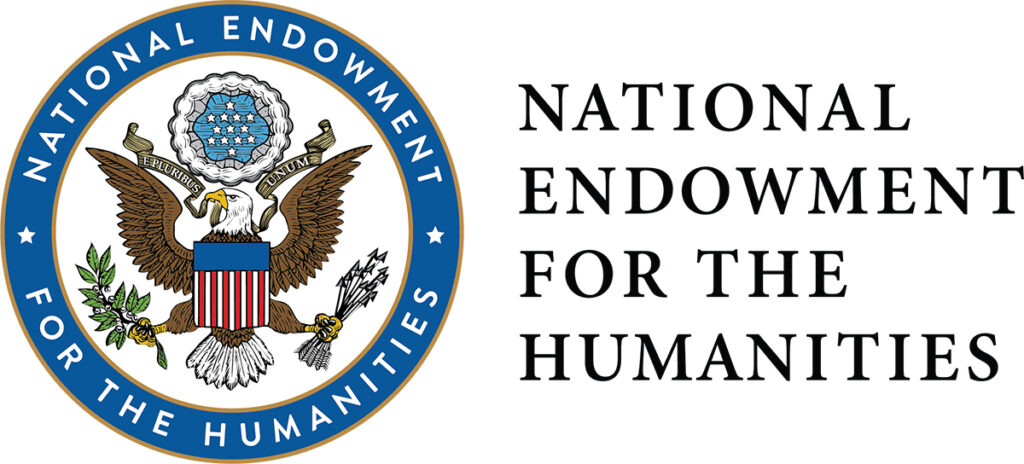
About the National Endowment for the Humanities
Created in 1965 as an independent federal agency, the National Endowment for the Humanities supports research and learning in history, literature, philosophy, and other areas of the humanities by funding selected, peer-reviewed proposals from around the nation. Additional information about the National Endowment for the Humanities and its grant programs is available at neh.gov.
Image at top: Chemist Percy Lavon Julian is pictured working in a DePauw University lab, circa 1930. From the collection of the Historical Society of Oak Park and River Forest
Julian, who was the grandson of enslaved people, will be featured in episode 5 of the project’s podcast series, which builds off a primary source from the Science History Institute’s digital collections: a letter the pioneering Black chemist wrote in 1956 to the president of the American Chemical Society expressing his disapproval of a list of “Hotels for Colored Persons” being included in an announcement for its annual meeting in Dallas.
More Press
Science History Institute’s Annual Curious Histories Fest Asks ‘What’s for Lunch?’
The free, daylong celebration of the history of food science takes place Saturday, June 14, 11am–3pm.
Science History Institute to Install New Exhibit Space, Renovate Lobby, and Add Digital Production Studio and Gift Shop
Our museum will be temporarily closed until March 19, 2025, with a new exhibition slated to open in May 2025.
Science History Institute’s New Exhibition Asks: What’s Behind the School Lunch?
Lunchtime: The History of Science on the School Food Tray opens September 27.

